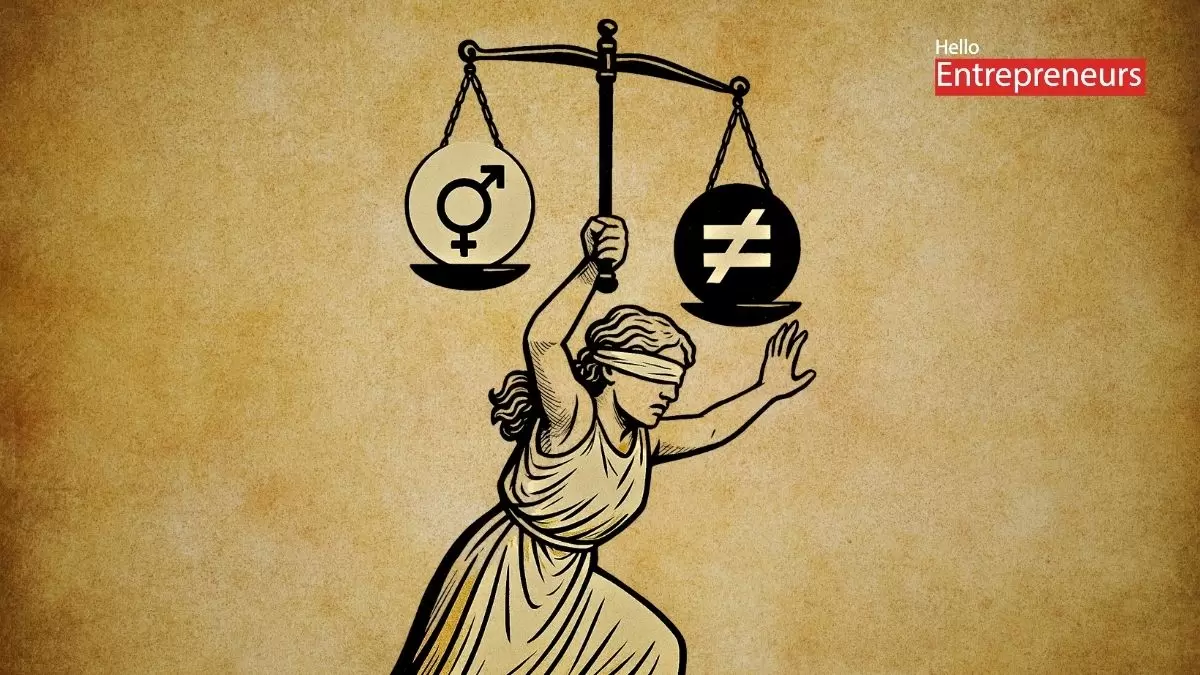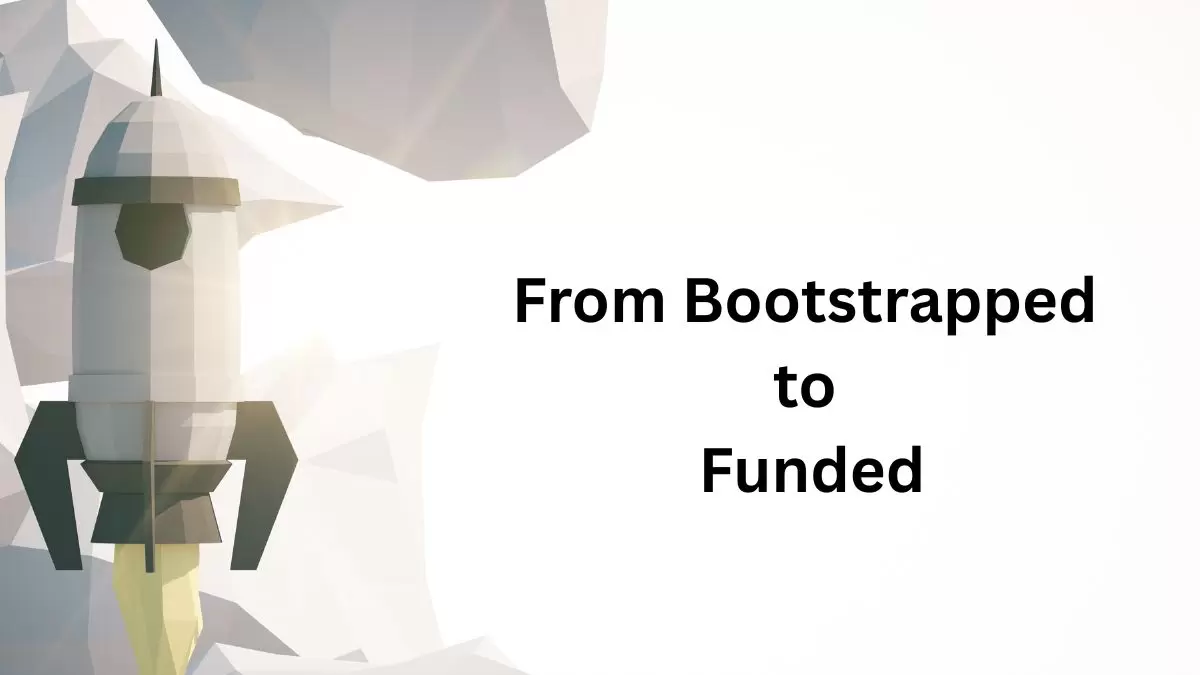Why Credit Access, Not Just Startup Cash, Matters for Women-Led Businesses

In India, women-owned Micro, Small, and Medium Enterprises (MSMEs) are a key part of the economy, yet they’re often overlooked. As of 2022, over 20% of all MSMEs are run by women. Still, these businesses get just 7.09% of the MSME credit from scheduled commercial banks, based on March 2023 figures. This gap shows a clear problem: women entrepreneurs aren’t getting the financial support they need, and that holds back not just them but the whole country. The World Bank says India’s per capita income could rise by up to 20% if women joined the formal workforce at the same rate as men. Fixing this isn’t just fair—it’s smart economics.
Starting a business takes money, no doubt. But what keeps it going and growing is steady access to credit. A one-time cash injection—whether from government programs or private efforts—helps at first, but it doesn’t cover the ongoing needs of a business. In India, where up to 50% of yearly sales can come during festive seasons, having credit available at the right time can make or break a year. Without it, businesses miss out on big opportunities or struggle to handle sudden challenges
For many women entrepreneurs, getting credit is a real hurdle. Banks often ask for collateral like land or property, which women, especially in rural areas, may not have. On top of that, biases in the financial world sometimes mean women get passed over for loans, even when their businesses are doing well. Many also work in the informal sector, where missing paperwork keeps them locked out of traditional financing. These issues trap them in a cycle of not having enough money to grow—and not growing enough to get more.
Women’s role in the workforce ties directly to economic health and national prosperity. When women work and earn, they spend on education, health, and community needs, driving growth from the ground up. But India’s economy—still heavily agricultural, with limited industry and deep-rooted patriarchal barriers—makes traditional jobs harder for women to access. Rigid schedules, long commutes, poor safety and social expectations often clash with their realities. Running a business, though, offers flexibility and independence. It lets women work around family duties and local constraints, especially in rural areas where farming dominates. With the right credit, they can turn small ventures into engines of change, fitting India’s unique challenges better than most alternatives. New lending platforms are starting to change that. These options cut down on paperwork and speed up access to funds, making them a practical choice for women who find traditional banking too slow or restrictive. With flexible credit, they can handle market changes, seek growth opportunities, and more.
The benefits of giving women credit go beyond their own businesses. Studies show that when women get financial support, they tend to put earnings back into their families and communities. That boosts local and national growth. As their businesses expand, they create jobs, strengthen the economy, and improve overall well-being. Helping women entrepreneurs helps everyone.
Credit access isn’t just about money for women-led businesses—it’s about building real economic power. By closing the credit gap, India can tap into the full potential of its women entrepreneurs, letting them contribute more to the country’s success. Having credit when it’s needed—whether for busy seasons, expansion, or tough times—sets the stage for a stronger, fairer economy. Supporting women with the resources they need isn’t just good business; it’s a step toward equality in entrepreneurship.
We often come up short in giving women the chances they deserve as a society. Let’s make sure we give them the credit they deserve.
<p>The post Why Credit Access, Not Just Startup Cash, Matters for Women-Led Businesses first appeared on Hello Entrepreneurs.</p>


























